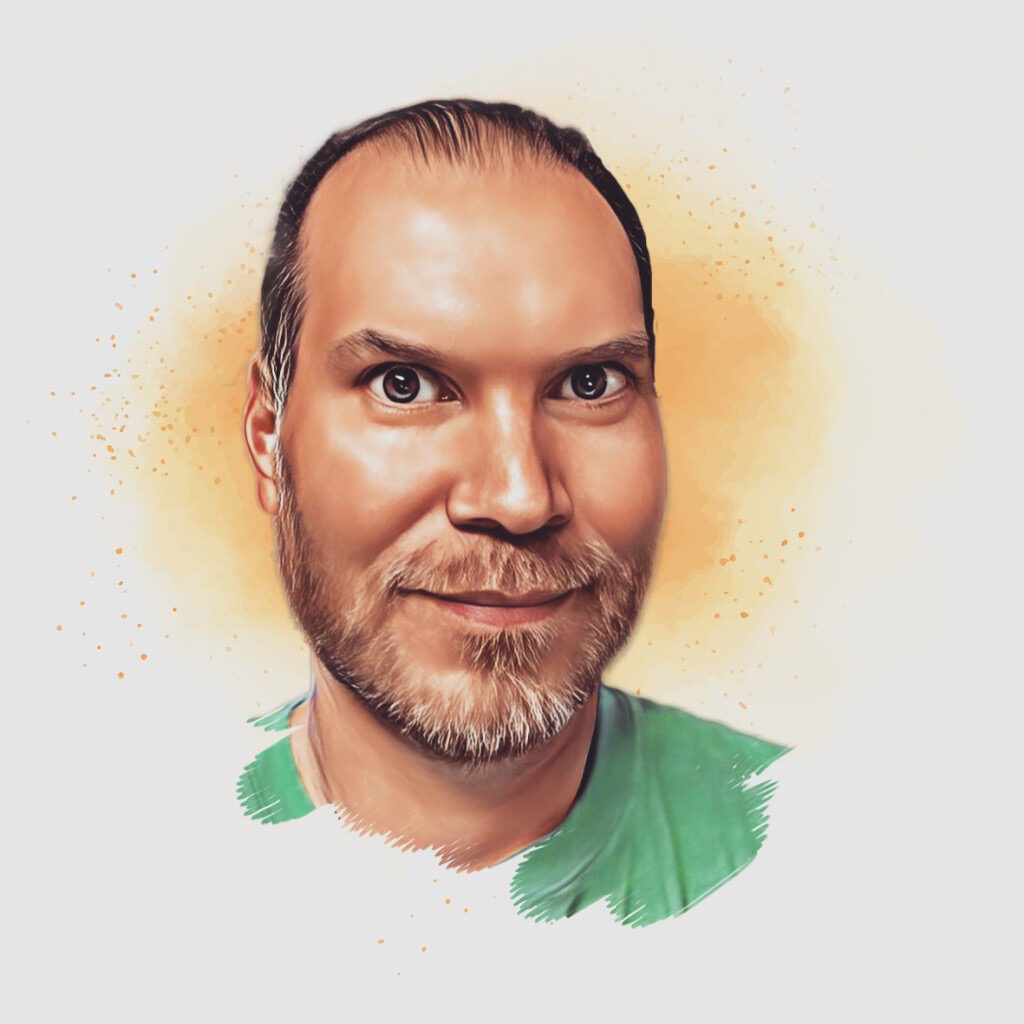So today was my “intern interview” day – the day where each intern goes through three interviews, back to back, to discover if he/she is a good fit for the company, has interest in the areas of MIS, and how he/she stacks up against the requirements for the entry level position of Analyst I (for MIS). The first interview, called “General Fit”, was really pretty straight forward asking about work preferences, would you consider accepting an offer if one was made, what location interests you the most as far as an initial work location, how has the internship gone, etc. A couple of questions are thrown in at the end to make sure you’re ready for interviews 2 & 3 since they start focusing on more behavioural type stuff. Interview 2, which is officially called “Interview Guide I”, was where you are basically compared against the standard desirable traits / qualities of an Analyst I position. They even tell you, this section is examining analytical skills, tenacity, initiative, etc. This one is the one I found most difficult – not because the questions were that hard, but because this one (and the following one) are both asking you to draw on prior experiences to answer the questions and the questions vary quite a bit in this section and it’s hard to not repeat experiences. I know it’s not terrible to have to repeat things, but my goal was to use as many experiences I’ve has as appropriate based on the question – so I had a chance to explain all of the things I’ve done in the past and actually say what I really did instead of leaving some of those experiences up to resume bullets. So after 45 minutes of Interview Guide I, I started Interview Guide II, which was another 45 minutes. This interview was very similar to Guide I, but it was more focused on how you handle certain situations, how you think about a problem, and how you get the results you desire. This was your typical behavioural interview. This one is usually the most difficult to me because it’s very detailed as far as the type of information they are looking for and if my experience was a while back, sometimes it’s hard to remember those details. This interview did surprise me though in that it went into more technical questions than I was expecting – not the kind you’d see at Microsoft, but things like “what is your preferred programming language & why?”, and then getting into “tell me about a system you designed where X happened” etc. Not like programming logic questions – still about the logic used to solve the problem and the results obtained, but it was focused on actual technical experiences instead of more general experiences.
Overall, the whole thing went really well. One thing that helped me though is coming up with a list of projects & experiences ahead of time. I had some idea of the types of things I would be asked about, but not the actual questions – so I tried to think of experiences where I would have seen something the questions may ask about. I tried to have at least 4-6 projects for each interview so I don’t keep talking about the same thing over and over and that really seemed to work well. I will say you should double check spelling on your resume though…I always do that, but somehow, it didn’t work this time – I tend to spell implement like “impliment” and that made it on to my resume. I think something in Word keeps disabling my spell check because sometimes it doesn’t catch words until I actually ask it to check the document and I forget that sometimes because I’m thinking it’s already checking. Oh well, it’s not a huge deal – and I’ve used this resume several times – and had it reviewed quite a lot actually with no one catching this – but still, not exactly the impression you want to make on someone that is interviewing you. 🙂
